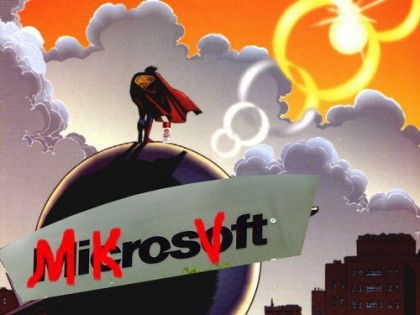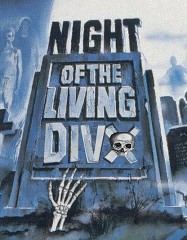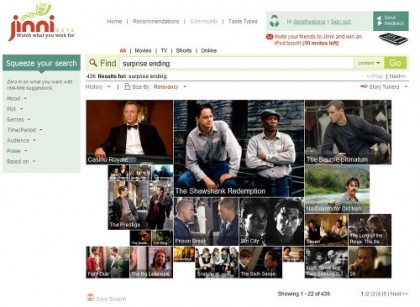I need not fear my enemies because the most they can do is attack me. I need not fear my friends because the most they can do is betray me. But I have much to fear from people who are indifferent. – Russian Proverb
Now I know that most people don’t really care about the mechanics behind playing video files and I can’t say that I blame you for caring more about your content than the technology behind it. So while this post will get into some of the more mundane mechanics of the codec industry, I ask that you stick with me because behind the scenes a war is being fought for control of your very television. This particular codec battle has been going on for over 10 years now.
When J.D. Rockefeller set out to monopolize the oil industry, there were several crucial areas where he attacked. He knew that he couldn’t control all of the oil fields because it was literally bubbling out of the ground, but what he could control was the distribution method for getting oil to the end customer.
In building his monopoly he seized assets used to transport oil from raw material to the end consumer. Whether it was owning all of the oil pipelines, so that he could control what oil cost him, owning the railroads so he could dictate how far his competitors could reach or owning the distribution points where consumers bought kerosene to light their homes, he made sure that he had control over every aspect of it. This was good for Standard Oil investors, but wasn’t very good for competitors or consumers.
Online video may not seem like it has a lot to do with the oil industry, but if you look at it’s early development, there are many similarities. So much content is bubbling up that the real challenge isn’t finding video oil, it’s getting it to consumers. Instead of pipes, now we have internet access, instead of railroads there are CDN networks, instead of gas stations, there are operating systems ready to serve us 24 hours a day.
In all of these industries, competition has been limited to a handful of big companies, but the industry that I’m most interested is much smaller than any of these. In the grand scheme of things, codecs (and the filters that go along with them) are the refineries of the video world. They take digital signals and convert them into the flickering magic that appears on our screens. Consumers may not understand the technical details behind it, but they are a crucial chokepoint in your digital video experience.
This battle has been fought on many fronts, but in the end it always comes down to one issue. Those who think consumers should have a choice and those who think they know better. It’s about control over your entertainment experience. Who, What, Where, When, and How you are allowed to consume YOUR media. On one side, well funded corporations with huge financial stakes, on the other, an unorganized patchwork of misfit companies and an army of guerrilla volunteers desperately fighting for a better entertainment experience for all of us.




